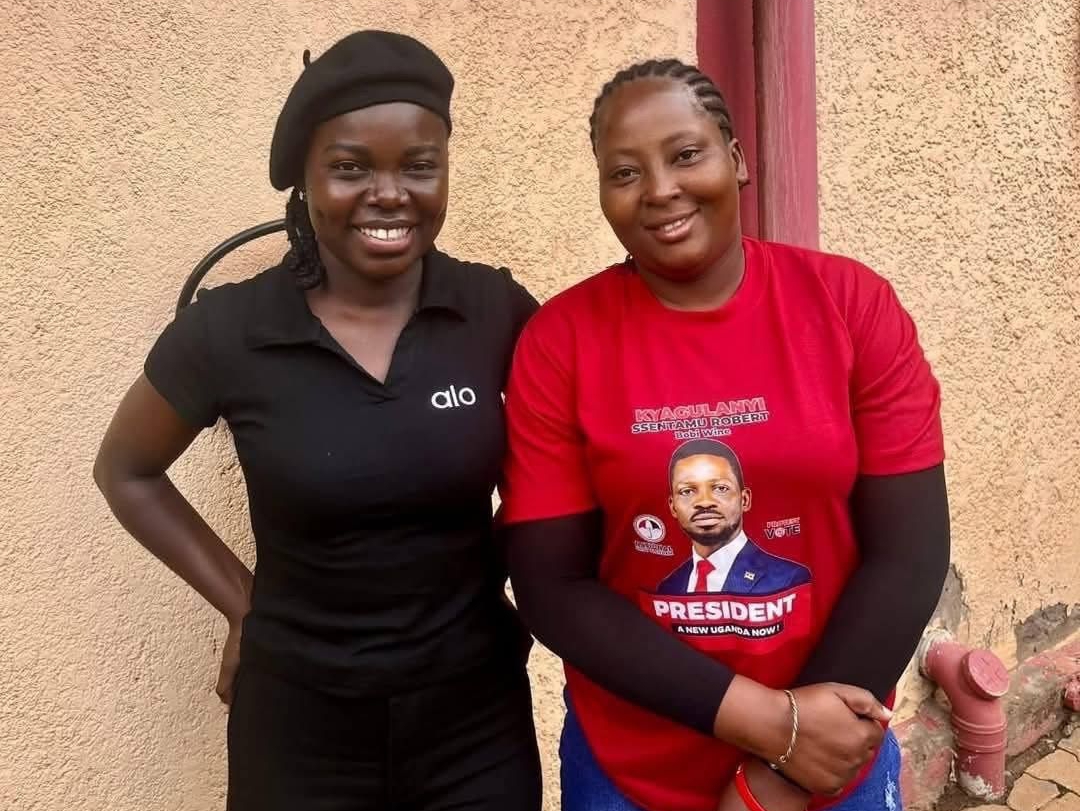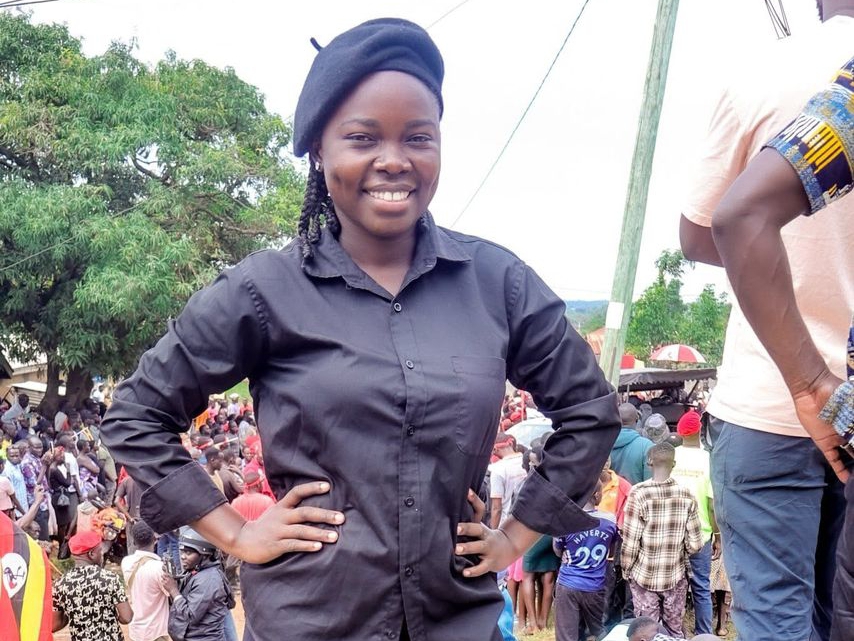Three members of the National Unity Platform (NUP), including Maria Tracy Nakimuli and two male colleagues, have been remanded to Kaweri Prison after appearing before the Magistrate’s Court in Mubende on allegations of stealing a mobile phone during President Museveni’s campaign in the district.
NUP Secretary General David Lewis Rubongoya condemned the arrests as politically driven, claiming the trio was “stealthily taken to court without the knowledge of their lawyers.”
He said the move was intended to “keep us busy and strain our little resources.”
Reports indicate that the suspects were first arrested in Mbarara, detained overnight at Nateete Police Station in Kampala, and later transferred to Mubende — over 200 kilometers away.
They were allegedly taken to court without legal representation, a step the NUP says breaches due process.
Legal analysts have described the handling of the case as irregular, noting that cross-district transfers without cause and lawyer notification undermine the accused persons’ constitutional right to a fair hearing.
The Constitution provides key protections for suspects, several of which appear to have been ignored in this case:
- Article 23(4): Right to be brought before court within 48 hours — detention beyond this period is unconstitutional.
- Article 28: Right to legal representation and a fair hearing — denial of access to lawyers violates due process.
- Article 23(1): Protection against arbitrary detention — unjustified transfers across districts may constitute abuse of power.
- Article 28(3): Presumption of innocence — politically charged prosecutions risk eroding this principle.

For Ms Nakimuli, NUP says the case highlights the ongoing criminalization of political activity in Uganda.
Being transferred far from home and denied access to counsel, the party argues, leaves her isolated and disadvantaged.
Rubongoya confirmed that the NUP legal team will travel to Mubende to offer representation and challenge the legality of the proceedings.
“Even if a theft occurred, procedural fairness must still be observed,” he said.
Human rights organizations have repeatedly accused Ugandan authorities of using the justice system to suppress dissent, noting a pattern in which opposition supporters are detained on questionable charges, denied bail, and kept in remote prisons to limit access to legal aid and family.
While the state has the authority to prosecute genuine criminal cases, legal experts stress that due process must never be compromised.
The secrecy surrounding Ms Nakimuli’s arraignment and the absence of her lawyers have raised renewed concerns over judicial independence and selective law enforcement.
As the case proceeds, it will test Uganda’s commitment to upholding the rule of law and protecting political freedoms.
For now, Ms Nakimuli’s detention stands as a stark example of the ongoing friction between politics and justice — and the growing call for fairness and accountability within Uganda’s courts.


